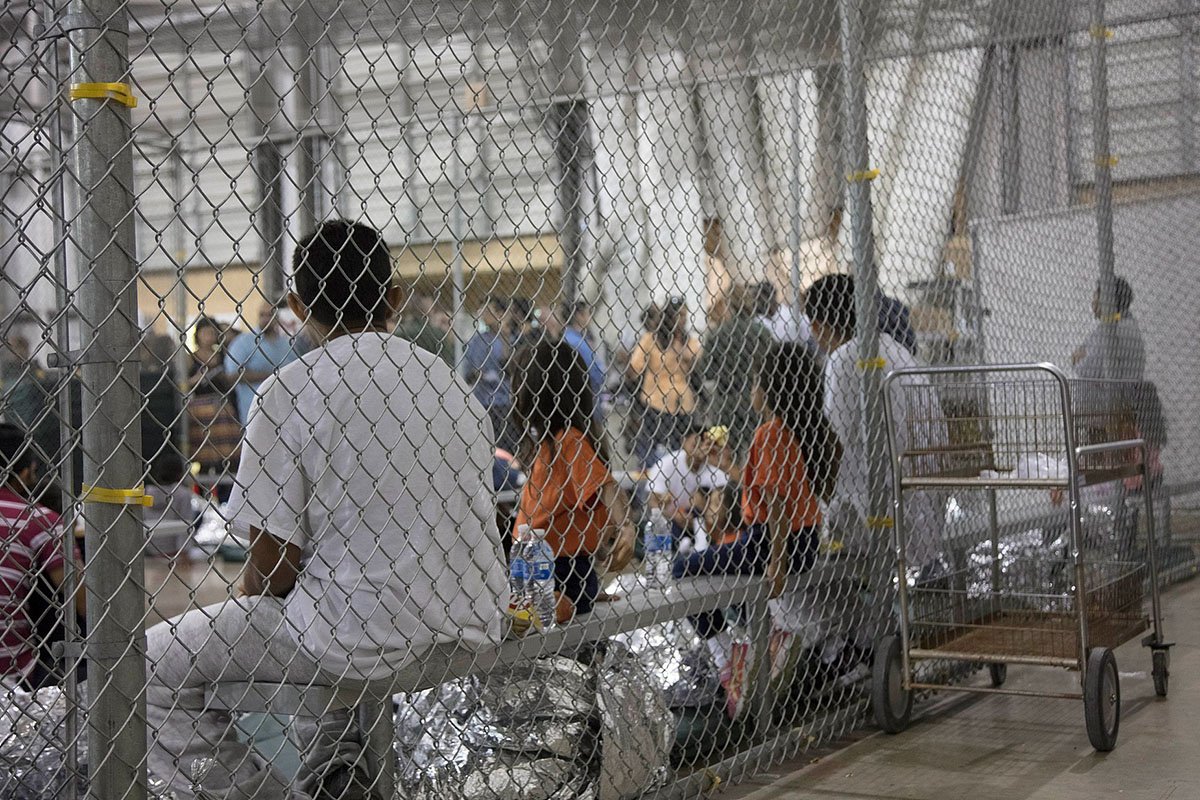
March 20, 2020; The Guardian and ProPublica
Deemed non-essential employees during the 2019 government shutdown, employees at federal immigration courts are now being told they must go to work, despite living in states with “stay at home” orders.
The administration has moved to shutter 11 of 68 courts—those that are hearing cases for non-detained immigrants. Immigration courts continue to be under pressure from the White House to hear cases for detainees.
Court employees are worried, and rightly so. In Denver, a prosecutor was alarmed by a judge coughing during a hearing on Friday, March 14th. The judge made light of the cough, but the following Tuesday, the judge was not in the courtroom. That night, news broke that a Denver immigration court judge had been diagnosed with COVID-19. Nonetheless, the court remained open through Thursday, when it was finally closed for deep cleaning. (The court reopened March 23rd.)
Immigration court is not a place where distancing can happen easily. Most interactions must happen in person—even filing paperwork to delay a hearing. The courts are crowded, and close contact among those involved in a case is the norm. In addition, in large cities, employees often have to take public transit, putting themselves at risk.
Sign up for our free newsletters
Subscribe to NPQ's newsletters to have our top stories delivered directly to your inbox.
By signing up, you agree to our privacy policy and terms of use, and to receive messages from NPQ and our partners.
A whistleblower in New York spoke to the Guardian describing how basic Centers for Disease Control and Prevention (CDC) guidelines have been flouted every day at the city’s three immigration courts. With New York being the nation’s leading outbreak hotspot, those three courts closed on Friday, but only after employees were “exposed for days, even weeks.” Little was done to maintain health and safety other than wiping down surfaces in areas where it was suspected that someone with coronavirus may have been.
In one of the most egregious actions compromising safety, the courts have flown interpreters needed for hearings from high-risk places like New York City to low-risk areas of the country, thereby risking spreading the virus.
“That contradicts everything we are being told by health experts and the CDC,” Judge Amiena Khan, executive vice president of the National Association of Immigration Judges, told the Guardian.
At the local level, courts are making their own decisions on how to conduct their work, causing even greater confusion among personnel. Some judges are allowing postponements when lawyers or their clients are ill, but others count postponements against the immigrants whose cases are before them. In the worst-case scenario, an immigrant who is ill and doesn’t show up for a hearing risks a deportation order. That means people who are sick will continue to show up in court.
For court personnel, there appear to be no clear guidelines regarding who can work from home or use vacation time to remain away from work. Laptops are in short supply as well; some courts are redistributing them to give senior employees the ability to work for home but requiring others, regardless of health status, to show up to work. It’s no wonder that, on March 15th, the unions and associations representing judges, lawyers, and ICE prosecutors issued a joint call for an immediate suspension of immigration hearings.—Karen Kahn











